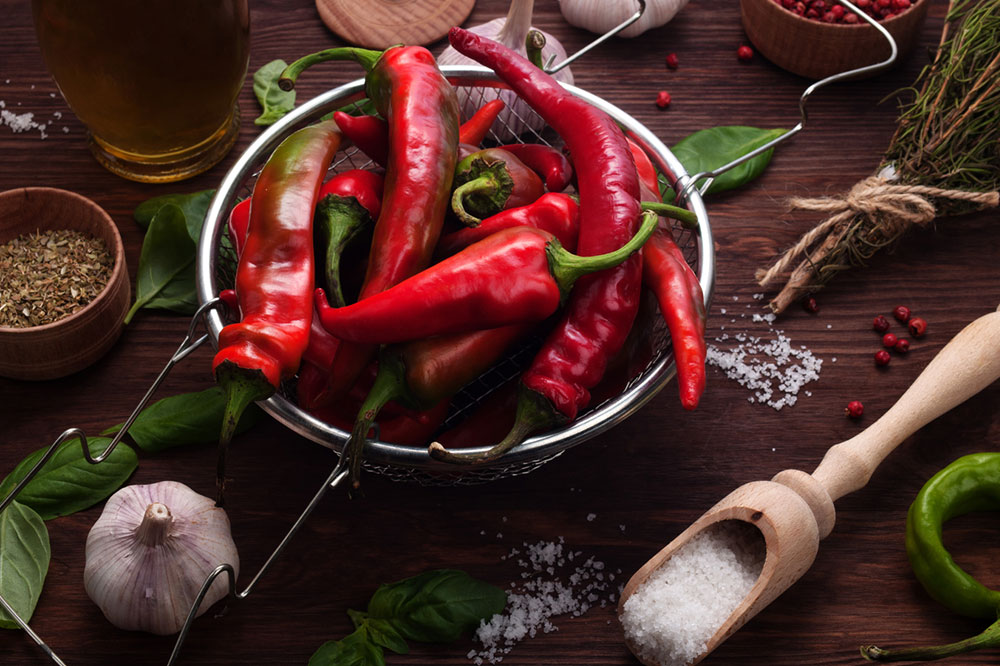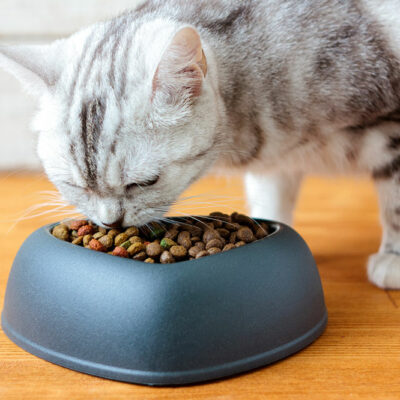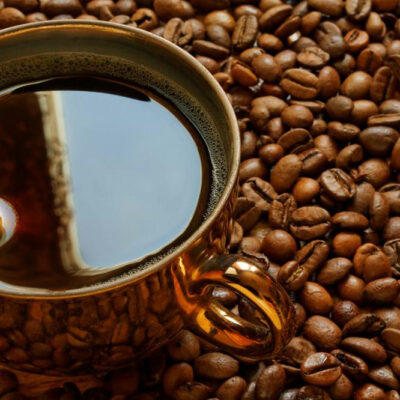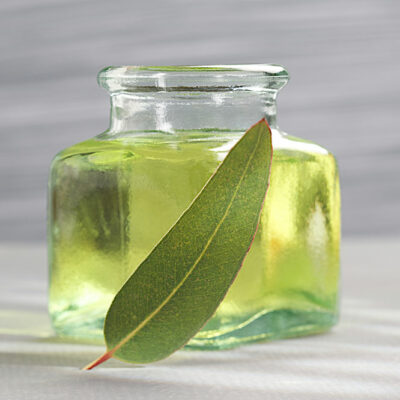
8 Foods to Avoid With Hyperhidrosis
When you think of food and sweat, the only thing that comes to mind is red hot pepper. However, did you know some tend to sweat even if they eat ice cream or even think about it? It causes extreme discomfort and awkwardness. It is a rare syndrome and is called gustatory hyperhidrosis. There are other foods, which can induce excessive sweating.
Those diagnosed with hyperhidrosis should avoid such foods so that they do not worsen their condition.
1. Spicy food
Spicy food activates the skin’s receptors, and it responds by trying to reduce the body temperature by producing sweat. The body is tricked into assuming that the spice is heat from the body. Those who have been diagnosed with hyperhidrosis should avoid spice as it can trigger excessive sweating.
2. Salt
An average adult needs only 500 milligrams of salt every day. The body drains the excess salt through urination. But salt escapes through the skin too. To avoid excessive sweating, you should be mindful of the amount of salt you eat. Those who have hyperhidrosis should restrict their salt intake to about 400 milligrams a day.
3. Warm foods and beverages
Warm foods increase the heat in the body and can increase sweating. Though it is normal for some, the sweating can be longer for those who have primary hyperhidrosis.
4. Caffeine
Caffeine affects our central nervous system and can increase blood pressure and increase the heart rate. Increased heart rate directly causes excessive sweating. Nothing more than one or two small cups of coffee is advisable if you have been diagnosed with hyperhidrosis.
5. Fatty food
Fatty food takes longer to digest. The additional work on the digestive system generates heat and causes sweating both while eating and while digesting it. Fatty food also contributes to obesity and heart problems, which are significant triggers of hyperhidrosis. Avoid food with high-fat content. Instead, use low-fat alternatives to avoid excessive sweating.
6. Processed food
Processed food usually is high on carbs and low on fiber. It takes longer to digest and hence generates more heat.
7. Sugar
Excessive sugar can increase blood sugar levels. The body produces insulin to control sugar levels. If more insulin is produced, it causes the sugar levels to drop below the required levels and can cause sweating. Diabetes by itself is a trigger for hyperhidrosis, and hence additional sugar will only worsen the sweating.
8. Meat sweets
Proteins, when digested, give away heat. When you consume a lot of meat, the body breaks it down, and one of the byproducts is urea. Excessive uric acid and gouts is a direct trigger for hyperhidrosis and hence have to be avoided.
Avoid onion and garlic as they can cause a foul smell and add to your discomfort. Most of the food mentioned above could be easily substituted with other items that do not trigger sweating. Eat foods that aid indigestion. Replace high-fat milk with skimmed milk and processed food with fresh food that is low on additives and unsaturated fats. Drink 13 to 14 glasses of water as it can help in maintaining normal body temperatures.


